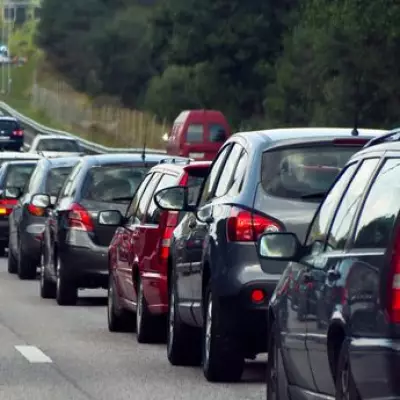
In a long-awaited announcement that has sent ripples through the automotive industry, the Labour Party has broken its silence on the controversial 2030 ban on new petrol and diesel cars. The party has confirmed it will maintain the 2030 deadline but with crucial modifications that acknowledge practical challenges facing British drivers.
The Original Plan vs Labour's New Approach
While the Conservative government had previously pushed the ban back to 2035, Labour has recommitted to the original 2030 timeline. However, Shadow Transport Secretary Louise Haigh revealed significant adjustments to the policy that reflect the realities of the UK's transition to electric vehicles.
Key Changes to the 2030 Ban
- Hybrid Extension: Certain hybrid vehicles will be permitted beyond 2030
- Infrastructure First: Massive charging point rollout must precede the ban
- Affordability Guarantees: Measures to ensure electric vehicles are accessible to all income levels
- Manufacturer Support: Enhanced support for UK car manufacturers transitioning production
Why This Announcement Matters Now
The clarification comes after months of uncertainty that left both consumers and industry leaders in limbo. With the general election looming, Labour has moved to position itself as the party of practical environmentalism – ambitious on climate goals but realistic about implementation challenges.
"We cannot simply impose arbitrary deadlines without ensuring the infrastructure and affordability are in place," a Labour spokesperson stated. "Our approach recognises that the transition must be fair and achievable for ordinary families."
Industry Reaction and Next Steps
Early responses from automotive industry leaders have been cautiously optimistic. Many had expressed concerns about the original timeline's feasibility, particularly regarding charging infrastructure in rural areas and the upfront cost of electric vehicles.
The announcement signals Labour's attempt to balance environmental urgency with economic practicality, setting the stage for what promises to be a heated debate about the future of UK transport in the coming election campaign.





